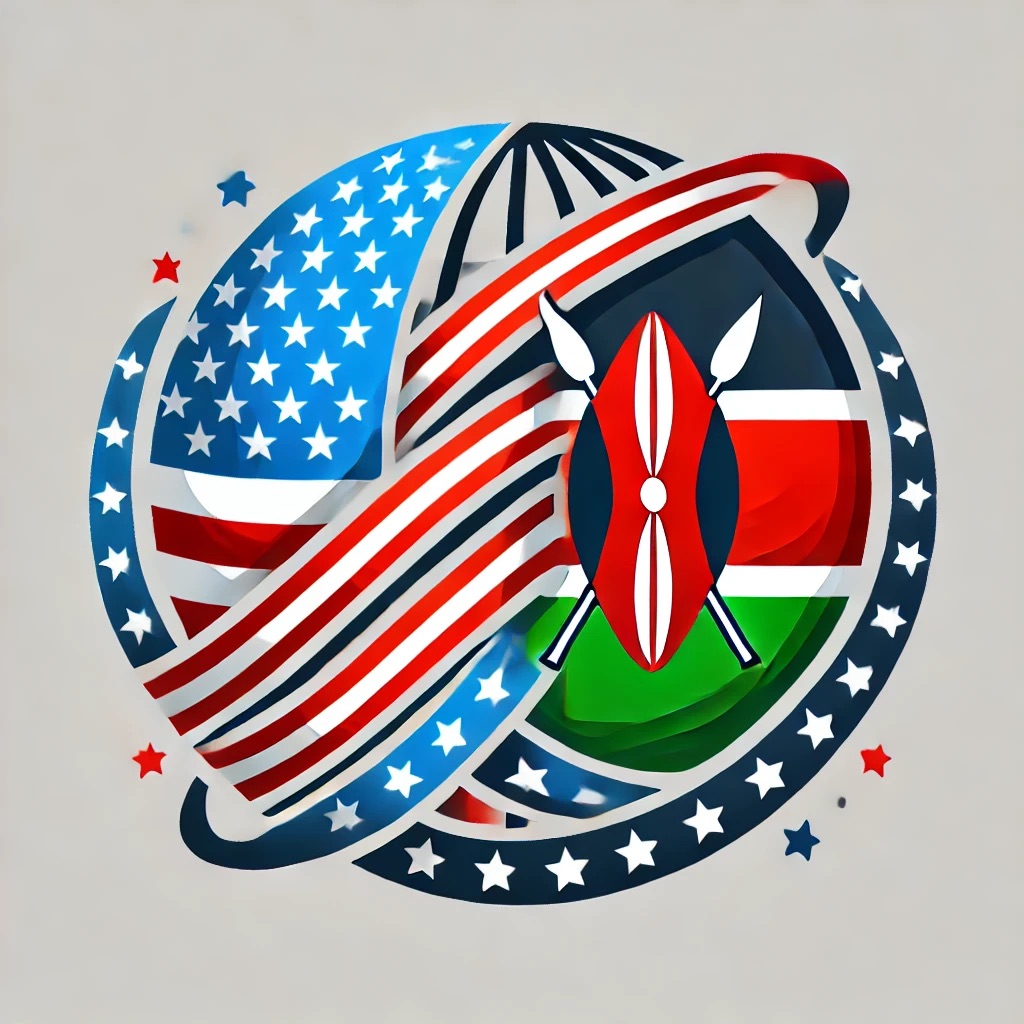
The J-1 Visa is a non-immigrant visa specifically designed for individuals participating in U.S.-based cultural and educational exchange programs. It is ideal for Kenyans who wish to gain professional experience, conduct research, or receive training in the United States. Below, I’ll explore the J-1 visa eligibility, types of programs, the application process, work regulations, the two-year home-country residency requirement, benefits, and challenges.
Eligibility Requirements for the J-1 Visa
To qualify for the J-1 Visa, applicants must meet specific eligibility criteria:
- Accepted to an Exchange Program:
- You must be accepted into a U.S. Department of State-approved exchange program. These programs can include research, teaching, training, internships, or medical training opportunities.
- Sponsored by a Designated Organization:
- J-1 Visa applicants must have a sponsor, which is an organization accredited by the U.S. government. Sponsors administer the program and provide guidance, including a Form DS-2019, the Certificate of Eligibility.
- Intent to Return Home:
- Like other non-immigrant visas, applicants must clearly intend to return to Kenya after completing the program. This includes showing strong ties to their home country.
- Sufficient Financial Resources:
- Applicants must have sufficient funds to cover living expenses throughout their stay in the U.S. Financial support can come from personal funds, a scholarship, or a sponsorship from a U.S. organization.
Types of J-1 Exchange Programs
The J-1 Visa is diverse, covering several categories for exchange visitors. Here are some of the most relevant categories:
- Research Scholars:
- Designed for Kenyans who want to engage in research, observe, or consult on research projects at U.S. institutions. The stay can last from a few weeks to five years.
- Professors:
- For Kenyan educators invited to teach or lecture at a U.S. institution, typically for up to three years.
- Trainees and Interns:
- Provides an opportunity for professional development in U.S. companies. Traineeships can last up to 18 months, while internships are typically for a maximum of 12 months.
- Students:
- Allows Kenyans to pursue secondary or post-secondary education in the U.S., participate in academic programs, or engage in summer work travel programs.
- Au Pairs:
- Designed for individuals providing childcare to a U.S. host family while pursuing educational coursework. This program is usually valid for 12 months with the possibility of extension.
- Medical Trainees:
- For Kenyan doctors or medical professionals pursuing graduate medical training or specialty training in the U.S.
For a comprehensive list of J-1 visa categories and eligibility, visit the U.S. Department of State’s Exchange Visitor Program page
Application Process for the J-1 Visa
Here’s a step-by-step breakdown of the J-1 Visa application:
- Find and Apply to a Designated Exchange Program:
- Choose an exchange program from the list of U.S. Department of State-designated sponsors. This organization will help guide you through the application process and issue Form DS-2019, including the program details, duration, and estimated costs.
- Pay the SEVIS Fee:
- The SEVIS (Student and Exchange Visitor Information System) fee must be paid before your visa interview. The current fee for J-1 visa applicants is $220. This fee supports the maintenance of your SEVIS record.
- Complete Form DS-160:
- Fill out the Online Nonimmigrant Visa Application (DS-160) form, which captures your personal information and travel details. Once completed, you’ll receive a DS-160 confirmation page with a barcode for the interview.
- Schedule and Attend the Visa Interview:
- Book an appointment with the nearest U.S. Embassy or Consulate in Kenya. Be prepared to answer questions about your program, academic or professional background, ties to Kenya, and funding.
- Required Documentation:
- Valid passport (valid for at least 6 months beyond your stay).
- Form DS-2019 from your sponsor.
- SEVIS fee payment receipt.
- DS-160 confirmation page.
- Passport-sized photo (meeting specific U.S. standards).
- Evidence of sufficient funds (bank statements, scholarship letters, sponsor details).
- Interview and Visa Decision:
- During the interview, the consular officer will verify your eligibility and assess the purpose of your trip. If approved, the visa will be issued, allowing you to travel to the U.S. and begin your program.
Work Regulations and Restrictions for J-1 Visa Holders
- Program-Related Work:
- J-1 Visa holders can work in the U.S., but only if it is part of the approved program, such as research, teaching, or training. Employment must be directly related to the exchange program’s objectives.
- Additional Employment:
- In some cases, on-campus employment or limited off-campus work is allowed with prior approval from the program sponsor. Always consult with your sponsor before engaging in any employment.
Two-Year Home-Country Residency Requirement
A unique aspect of the J-1 Visa is the Two-Year Home-Country Physical Presence Requirement, outlined in Section 212(e) of the Immigration and Nationality Act. This rule requires certain J-1 holders to return to Kenya and reside there for a cumulative period of two years before applying for specific U.S. visas (H, L, K) or permanent residency.
When does it apply?
- If your program is funded by the U.S. or Kenyan government.
- I f you receive specialized training that Kenya deems essential for national development.
- If your program involves medical training.
Waivers:
- In cases where fulfilling the two-year requirement would cause hardship, individuals can apply for a waiver. Waivers can be granted for:
- Persecution concerns.
- Exceptional hardship to a U.S. citizen spouse or child.
- Requests from U.S. government agencies.
For detailed guidelines, see the State Department’s J-1 Visa Waiver page at Travel.state.gov as well as Study in the States.
Benefits of the J-1 Visa
- Cultural Exchange: Offers a unique opportunity for cross-cultural interaction and learning, enriching both the visitor and the host community.
- Professional Experience: Enables Kenyans to gain work experience, conduct research, or receive specialized training in their field.
- Networking: Provides a chance to build professional networks and collaborate internationally.
Challenges of the J-1 Visa
- Limited Employment Flexibility: Work is restricted to activities directly related to the exchange program.
- Two-Year Residency Rule: Can limit options for transitioning to other visas or staying long-term in the U.S.
- Visa Compliance: Maintaining status requires adherence to the program guidelines, including travel restrictions, reporting obligations, and health insurance requirements.
Resources and Useful Links
- U.S. Department of State – J-1 Visa Overview: Find detailed information on exchange visitor categories, application procedures, and eligibility. Visit here.
- SEVP – Study in the States: Offers resources for maintaining visa status, traveling, and understanding program requirements. Visit here.
- J-1 Visa Waivers: Information on applying for a two-year home residency requirement waiver. Visit Travel.state.gov.
By understanding the eligibility, application process, and specific rules of the J-1 Visa, Kenyans can make informed decisions about pursuing exchange opportunities in the United States. Proper planning and compliance are essential to maximizing the benefits of this unique program.
